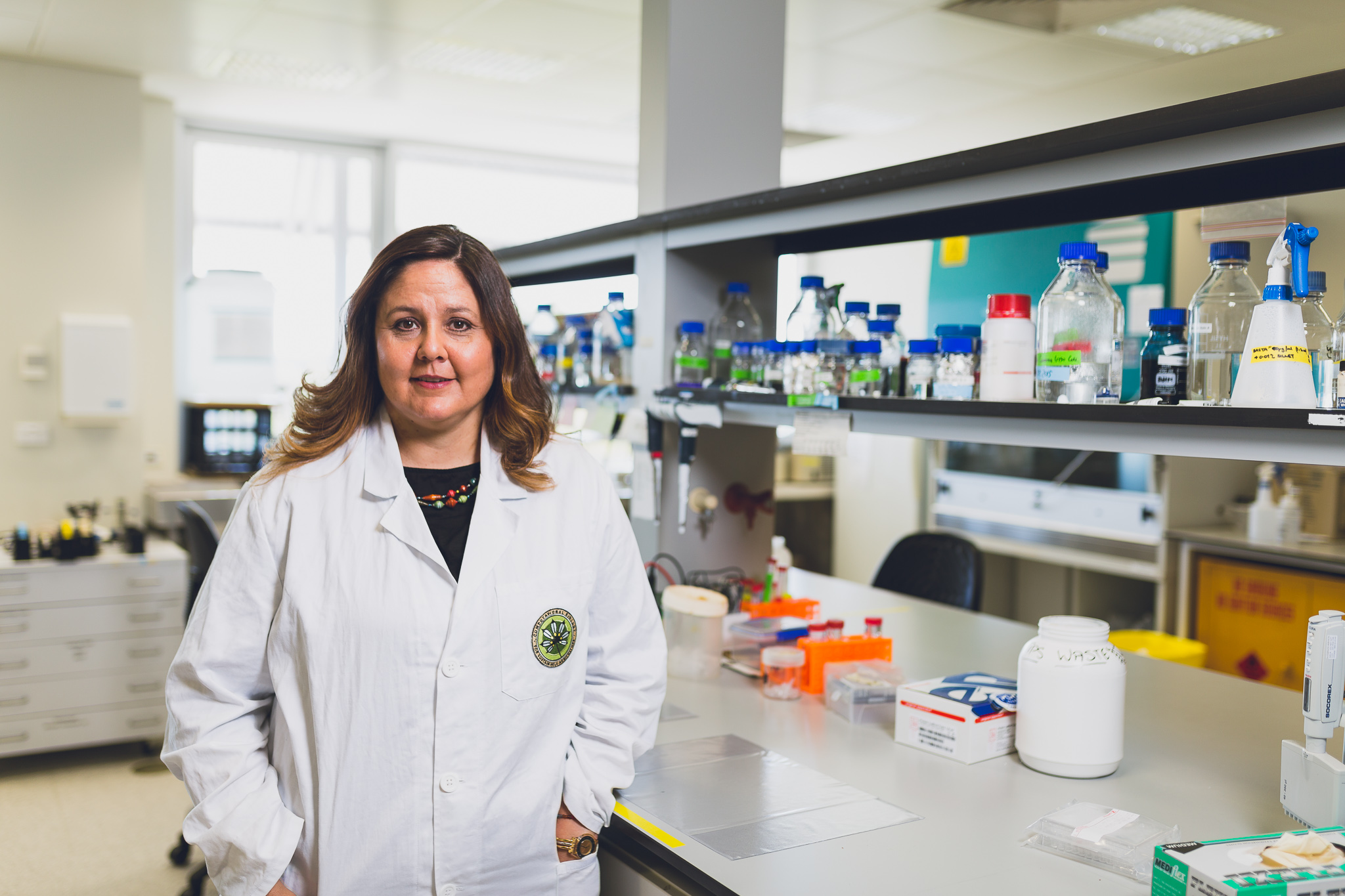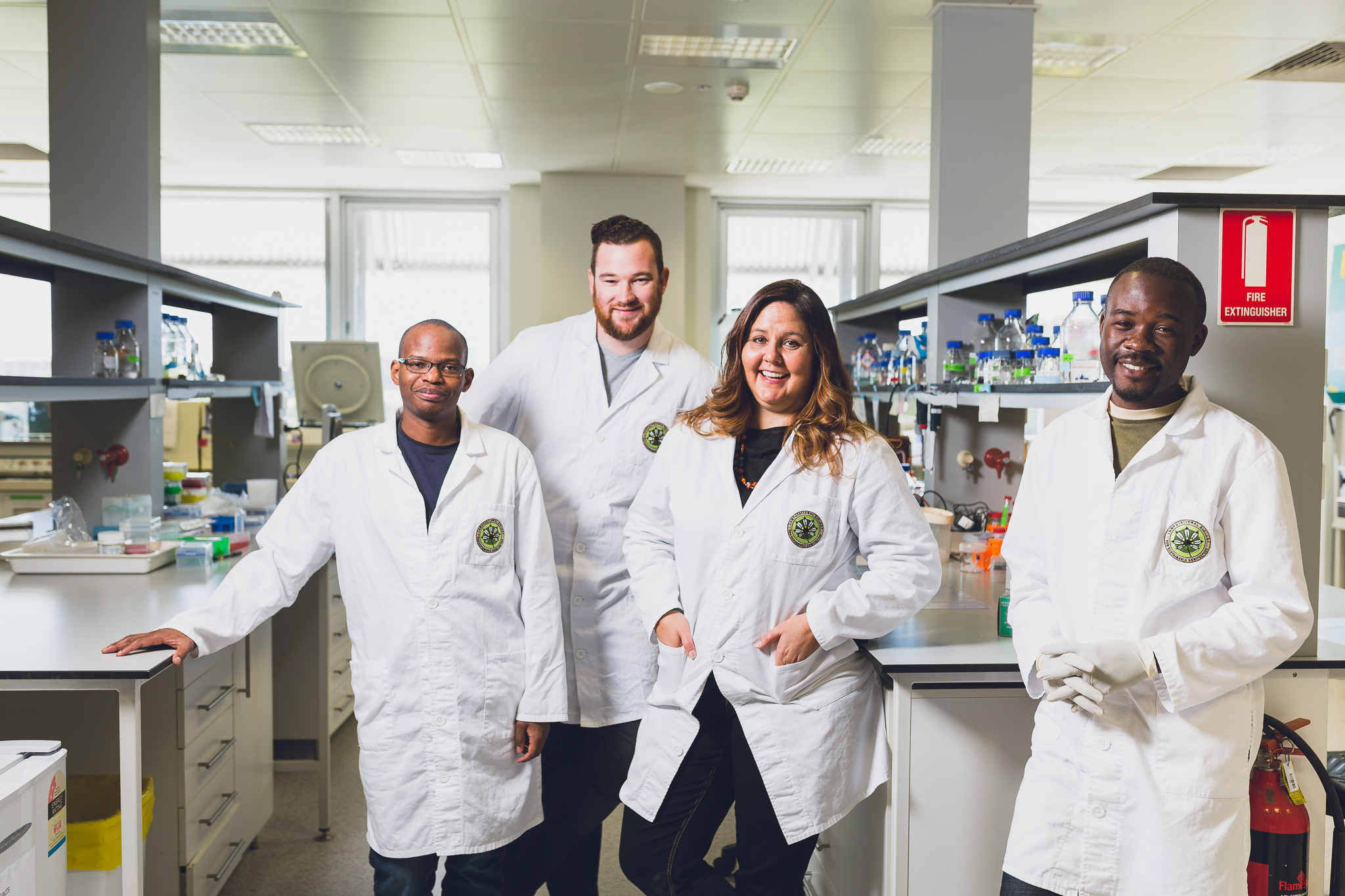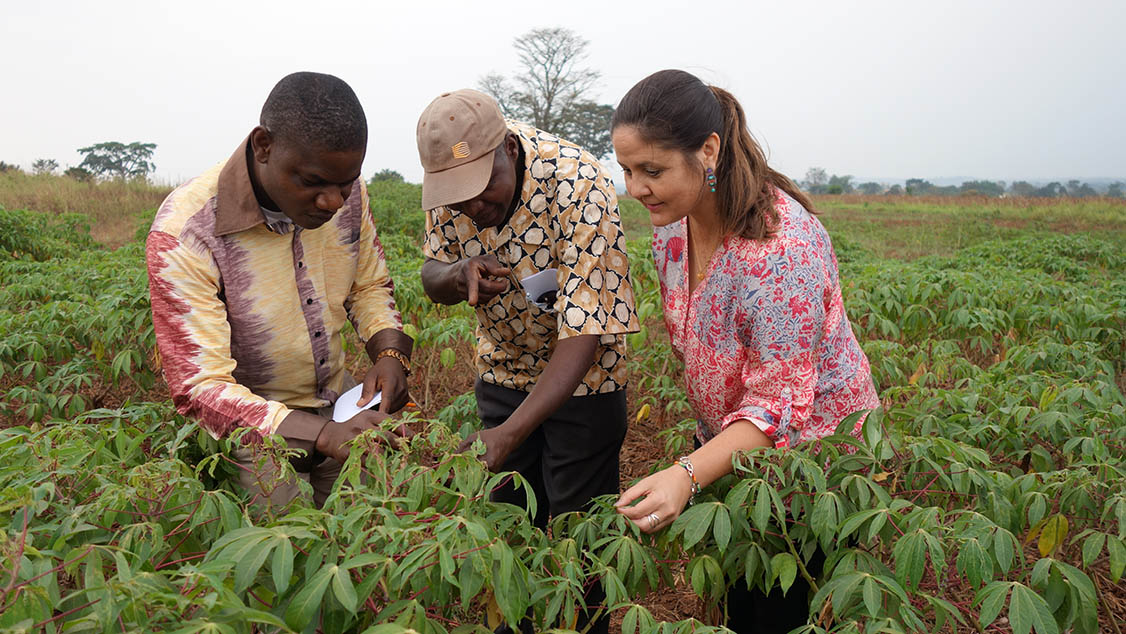Feeding East Africa

Sponsored by

Sponsored by

Getting to the root of the problem of hunger in East Africa
Dr Laura Boykin and her team are using supercomputers to fight white flies in the cassava root crops of Eastern Africa and saving the local farmers from starvation.
Laura Boykin usually hates titles, but she recently earned one she’s quite proud of, “Senior TED Fellow.” She earned it thanks to her innovative work as a Senior Research Fellow at The University of Western Australia. But how did an American computational biologist come to Australia to study the genomes of East African whiteflies?
Dr Boykin decided to join the team at UWA back in 2012 for two main reasons: “One, because of the genomics capacity here and two, because UWA had the fastest supercomputer in the southern hemisphere – called Magnus. I thought ‘this is the future’.”

And it was while at UWA that her work in East Africa began. “I went to a conference in Greece where I was talking about whiteflies and supercomputers.” It was there that she caught the attention of the Gates Foundation team who were trying to tackle a problem with whiteflies in Kenya. They invited her to a Connections Workshop being held in Africa where she was able to see the problems first hand.
The focus was the cassava plant, a tuber that currently feeds 800 million people around the world. It is being devastated by viruses spread by the whitefly across East Africa. “It’s the Ebola of plants”. Dr Boykin soon began meeting scientists and building a network to apply her theories. This time in Kenya also gave her the impetus to apply for the TED Fellowship. “How can there be a place in our world today that has no food?”
The work Dr Boykin and her team are carrying out is already bearing fruit. On a visit to Tanzania she was inspired to see farmers getting the food they need, from the varieties that had been deployed based on science. The yield improved from 5 tonnes per hectare to 40 tonnes. “So before I thought, ‘I’m sitting here in Australia and is this really doing anything?’, but then I thought yeah, we’re really doing something here.”

She credits UWA for helping to make these strides possible. “I have all these crazy ideas about work in East Africa and it’s hard. But UWA is not afraid of that. This is not academia as per usual. There’s space to do transformative things.”
She also sees the network she has formed of both local and international expertise as crucial for the success of the work she does, with collaborators in Tanzania, Uganda, Kenya, Israel, the UK, Brazil, Thailand and across the world.
“The University is totally supportive of the work we do. Travelling and hosting people when they come to visit. It’s a very welcoming place.”
Dr Boykin is optimistic about the future. “There is always going to be a battle, but I’m hopeful because I know for a fact that we’re making a difference.”
Her six month plan is around doing DNA sequencing in East Africa. In August she’s going to be taking a device that does sequencing on the spot to help reach solutions faster.
“Long term, one of my biggest dreams is to have a computational centre in East Africa doing agricultural research so we’re daydreaming about how to make that happen.”